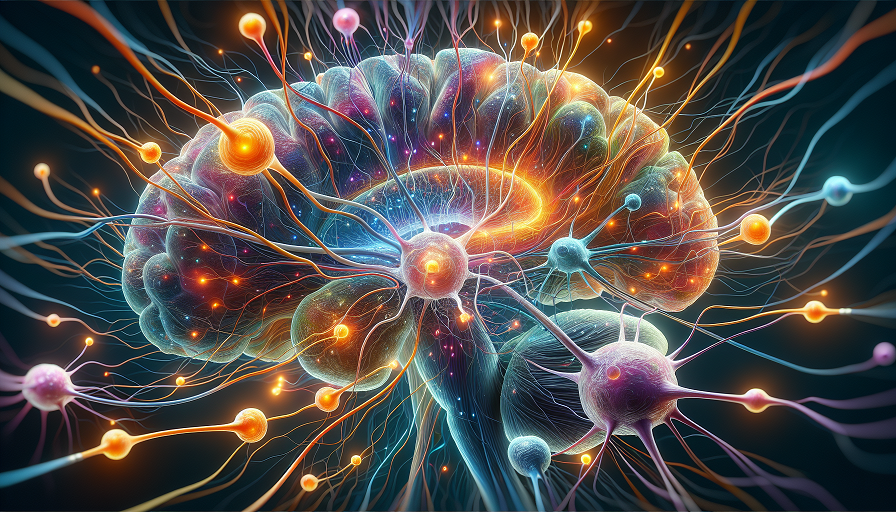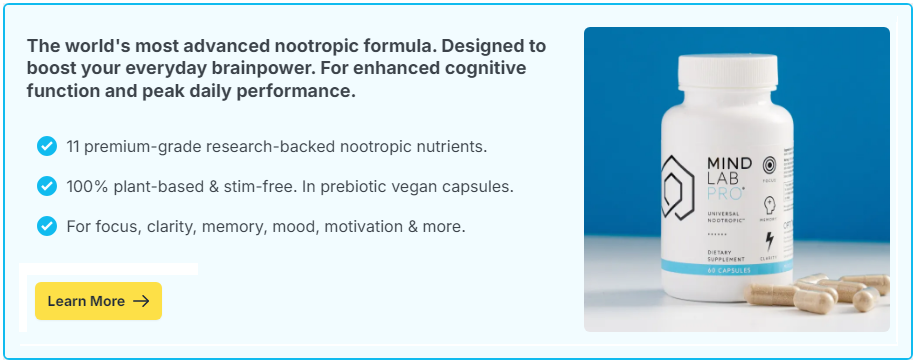
Feeling exhausted, overwhelmed, or mentally drained? You might be experiencing mental burnout—a state of chronic stress that can sap your energy, focus, and motivation.
Burnout doesn’t just affect your mood; it also impacts your memory, decision-making, and overall cognitive function. The good news? Science has uncovered effective ways to combat burnout before it takes a toll on your brain.
Here are 8 science-backed strategies to help you prevent mental burnout and stay sharp.
Contents
- 1. Prioritize Sleep for Brain Recovery
- 2. Take Regular Breaks (Use the 90-Minute Rule)
- 3. Practice Mindfulness to Lower Stress
- 4. Move Your Body to Boost Brain Function
- 5. Set Boundaries to Protect Mental Energy
- 6. Fuel Your Brain with Anti-Inflammatory Foods
- 7. Reduce Multitasking and Embrace Deep Work
- 8. Connect with Others for Mental Well-Being
1. Prioritize Sleep for Brain Recovery
Why it works: Your brain clears out toxins and consolidates memories while you sleep.
The science: Research shows that chronic sleep deprivation increases stress hormones, weakens memory, and leads to cognitive fatigue.
How to apply it: Aim for 7–9 hours of quality sleep. Create a bedtime routine, limit screen time before bed, and keep your sleep schedule consistent.
2. Take Regular Breaks (Use the 90-Minute Rule)
Why it works: Your brain cycles through periods of high and low focus throughout the day.
The science: Studies suggest that working in 90-minute intervals, followed by short breaks, optimizes productivity and prevents mental fatigue.
How to apply it: Work in focused 90-minute sessions, then take a 5–15 minute break to refresh your mind.
3. Practice Mindfulness to Lower Stress
Why it works: Mindfulness reduces stress and increases mental resilience.
The science: MRI studies show that mindfulness meditation physically changes the brain, reducing activity in areas associated with stress.
How to apply it: Spend 5–10 minutes daily practicing deep breathing, meditation, or mindful awareness exercises.
4. Move Your Body to Boost Brain Function
Why it works: Exercise increases blood flow to the brain and releases mood-enhancing neurotransmitters.
The science: Research indicates that regular physical activity improves focus, memory, and mental energy.
How to apply it: Take a brisk walk, do some yoga, or incorporate short bursts of exercise throughout your day.
5. Set Boundaries to Protect Mental Energy
Why it works: Overcommitting drains cognitive resources and increases stress.
The science: Studies show that people who set clear boundaries experience lower levels of burnout and higher life satisfaction.
How to apply it: Learn to say no to non-essential commitments and schedule downtime to recharge.
6. Fuel Your Brain with Anti-Inflammatory Foods
Why it works: Chronic inflammation contributes to brain fog and fatigue.
The science: Anti-inflammatory diets rich in omega-3s, antioxidants, and healthy fats have been shown to enhance cognitive function.
How to apply it: Eat brain-friendly foods like fatty fish, blueberries, nuts, dark chocolate, and leafy greens.
7. Reduce Multitasking and Embrace Deep Work
Why it works: Multitasking drains mental energy and reduces efficiency.
The science: Research suggests that switching tasks frequently can lower productivity by up to 40%.
How to apply it: Block distractions, work in focused sessions, and complete one task before moving to the next.
8. Connect with Others for Mental Well-Being
Why it works: Social interaction helps regulate stress and enhances cognitive function.
The science: Studies show that strong social connections lower cortisol levels and improve emotional resilience.
How to apply it: Schedule time to connect with friends, join a community, or engage in meaningful conversations.

